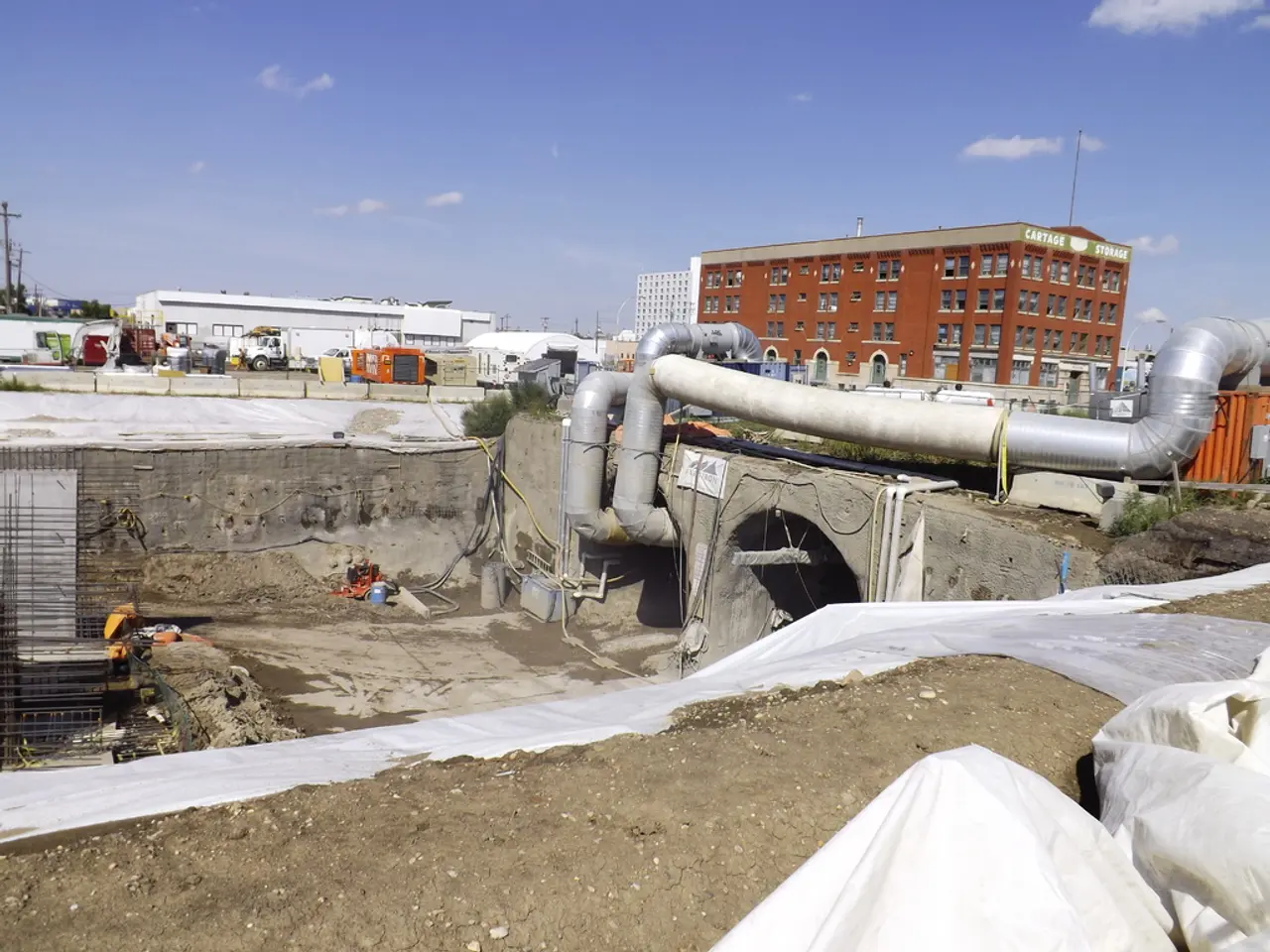Bektenov convened a gathering centered on combating inflation and reviewing predictions of economic progression.
Kazakhstan's economy is currently grappling with inflation, and the government is taking decisive action to combat this issue. The updated Complex of Measures for Inflation Control and Reduction, currently in its final review stage, aims to curb inflation through systematic efforts coordinated by the government, the National Bank, and local executive bodies.
This plan, which extends the existing anti-inflation action plan through 2026, places a strong emphasis on domestic production, tariff stability, price controls on essential goods, and enforcement against excessive trade markups. The government is actively supporting local production and regulating trade markups, with 1,847 administrative decisions made since the beginning of 2025 for exceeding the 15% maximum trade markup, now enforced through fines instead of warnings.
The results of these measures have been tangible. Inflationary pressure was reduced by 4.16 percentage points in 2023 and by 2.3 percentage points in 2024. However, inflation remains elevated, with annual inflation at 11.8% as of June 2025. The government projects year-end inflation for 2025 at 10-11% and expects a further reduction to 8-10% in 2026.
One of the key areas of the updated measures is boosting domestic production. In the first half of 2025, sunflower oil production reached 388,000 tons, a 21.3% increase from the same period last year. This increase in production more than doubled internal demand and helped to reduce inflationary pressure. Furthermore, since the beginning of 2025, 677 investment projects are underway, including 289 for import-dependent goods, as part of a Comprehensive Plan for the Development of Agricultural Product Processing until 2028.
In addition to boosting domestic production, the government is also focusing on enhancing predictability in tariff policy and stabilizing prices on essential goods. Memorandums have been signed with industry unions, resulting in an 8.7% decrease in egg prices. To stabilize prices during the off-season, contracts have been signed for the supply of 30,300 tons of early vegetables, and supplies have been organized from China, Pakistan, and Uzbekistan.
The Prime Minister of Kazakhstan, Olzhas Bektenov, has emphasized the importance of a systematic and effective anti-inflationary policy, highlighting the need for coordination between the Government and the National Bank in their actions. Global market instability, tariff reforms, increased consumer demand, and inflation expectations are driving factors behind the inflation. However, the government is committed to addressing these challenges and reducing inflation over the next two years.
In conclusion, Kazakhstan's updated anti-inflation plan emphasizes a comprehensive approach combining monetary, fiscal, and administrative tools, with a strong focus on domestic production, tariff stability, price controls on essential goods, and enforcement against excessive trade markups to gradually lower inflation over the next two years.
The updated anti-inflation plan in Kazakhstan, focused on domestic production, tariff stability, and price controls, has resulted in a boost in sunflower oil production and a decrease in egg prices. Furthermore, the government is financially supporting local businesses and regulating trade markups in the business sector.




